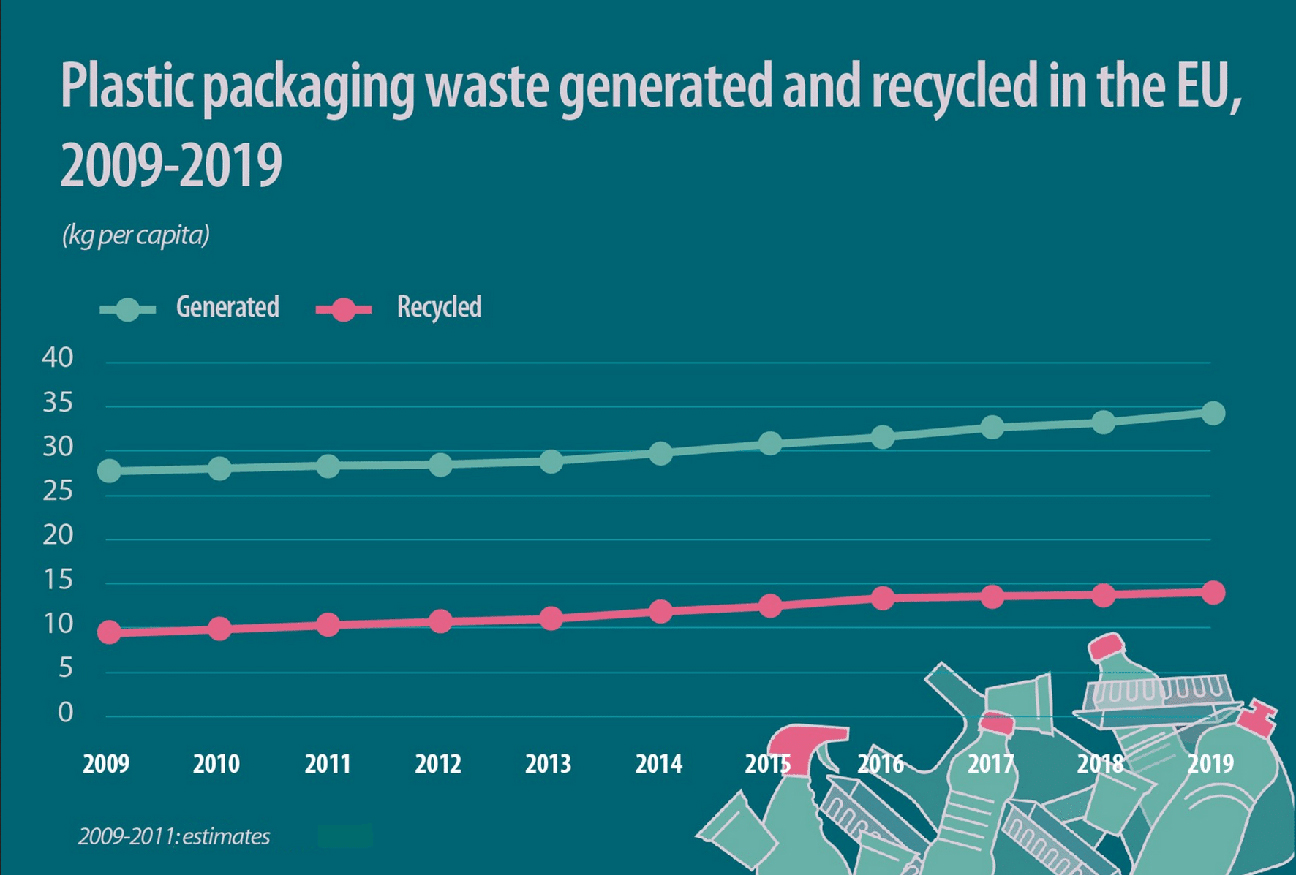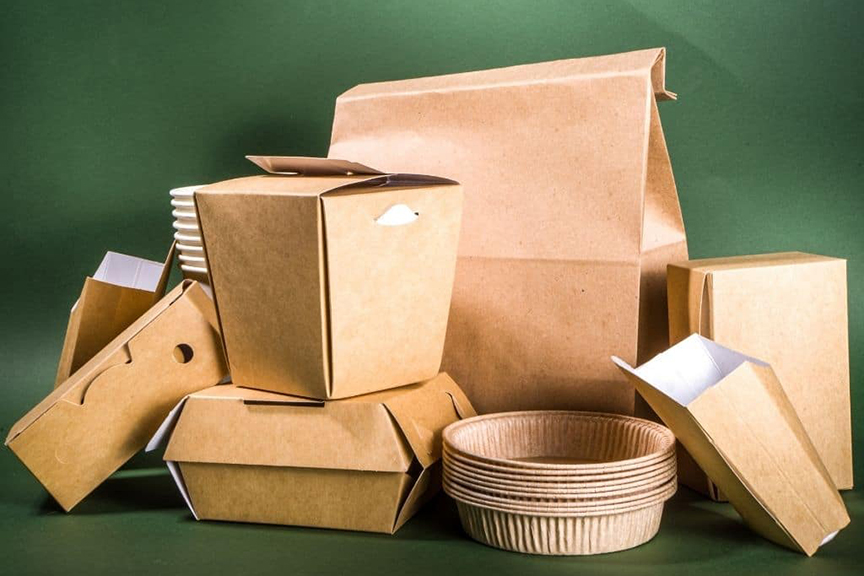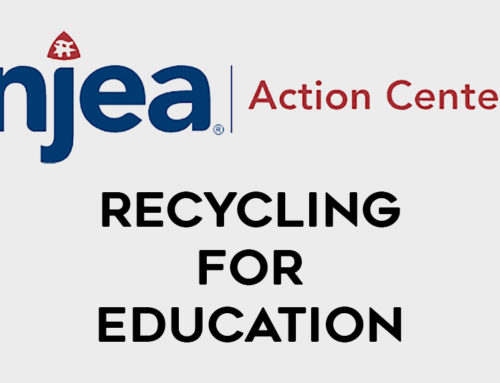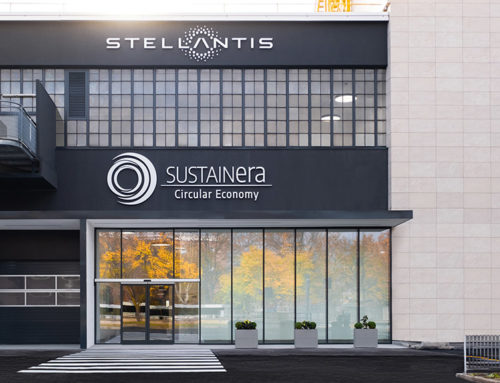The European Union is taking a significant step towards creating bloc-wide rules on recyclable packaging, aiming to combat the mounting issue of plastic and waste generation across the continent. The European Parliament’s environment committee recently gave its approval, paving the way for a crucial parliamentary vote scheduled for November. This vote will set the tone for negotiations with European Union member countries, marking a vital development in the EU’s ongoing efforts to tackle its packaging waste problem.
The scale of the challenge is undeniable. On average, each European generates a staggering 190 kilograms (420 pounds) of packaging waste annually. This mountain of waste includes plastic, polystyrene, aluminum, paper, and cardboard, and it has grown by over 30 kilograms per person over the past decade, according to the EU statistics office, Eurostat.
The driving force behind these new regulations is to mitigate the environmental impact of packaging waste while promoting a more sustainable and responsible approach to packaging design and use. The European Commission has introduced legislation with ambitious objectives that call for a fundamental shift in the way packaging is produced and utilized.
Key provisions of the proposed legislation include:
- Packaging Minimization: The legislation emphasizes minimizing packaging, focusing on reducing excess material and encouraging efficient design.
2. Recyclability and Reusability: All packaging materials should be either recyclable or reusable. Specific targets for achieving this goal have been set for 2030 and 2040.
3. Reduction of Hazardous Chemicals: The EU seeks to phase out hazardous chemicals used in packaging, recognizing the need for safe and eco-friendly materials.
4. Encouraging Sustainable Practices: Lawmakers aspire to change consumer behavior by eliminating ultra-thin plastic bags in supermarkets and promoting the use of personal containers for fast-food and takeaway coffee outlets.
5. Environmental Benefits: The proposed legislation addresses the broader environmental concerns associated with excessive packaging waste, such as reduced energy consumption and lower water usage.

While these measures are welcomed as a necessary step toward a greener future, they have faced opposition from certain sectors, particularly the packaging industry, which is valued at over 355 billion euros ($378 billion) in the European Union. Fast-food groups, reliant on single-use packaging, have also raised concerns that these changes might necessitate higher inputs of water and energy.
However, proponents of the legislation argue that the long-term benefits far outweigh the initial challenges. By moving towards more sustainable and recyclable packaging solutions, the EU aims to reduce its environmental footprint significantly, promote circular economy principles, and encourage innovation in packaging design and material selection.
“The ban on intentionally added harmful chemicals is a major victory for the health of European consumers,” said Frederique Ries, the lead lawmaker on this issue in the European Parliament. The elimination of hazardous chemicals is seen as an essential component of a comprehensive strategy for a more sustainable and health-conscious Europe.
As the world grapples with mounting environmental challenges, the European Union’s drive towards recyclable packaging stands as an example of a proactive approach to tackle the crisis. With the potential to set new global standards for responsible packaging, the EU’s commitment to reducing waste and promoting recyclability is a promising step towards a more sustainable and eco-conscious future. The upcoming parliamentary vote in November will be a crucial milestone in the journey toward a greener and cleaner Europe.






